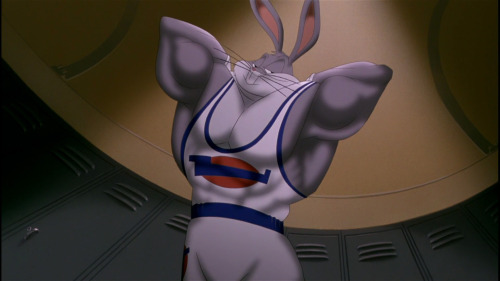
Strategy vs. Tactics: How to Best Engage Audiences by Building Your Brand
By Joe Pathickal
People often confuse strategy and tactics when it comes to sales and engagement. Success comes from being able to delineate the differences between them, and from showing how they work in tandem for your organization.
In order to develop a good strategy, you have to go back to the fundamentals of why you are doing something. As Simon Sinek, Author of Start with Why: How Great Leaders Inspire Everyone to Take Action has said, “People don’t buy what you do, but ‘why’ you do it.” When a story is established, it becomes easier for a brand to determine a strategy. Your core story will align with your vision and propel your company forward.
Online definitions and dictionaries define that the terms “strategy” and “tactics” often share many of the same attributes, making them difficult to differentiate. Rather than debate Greek derivation, philosophies of war, or latest publications from the Harvard Business Press, let’s think about strategy and tactics in relation to weight training or, more specifically, bodybuilding.
When bodybuilding first emerged, it was a forum for exhibiting feats of strength. Over the years it has evolved into a complex mixture of size, strength, diet, and aesthetics competitions. Over the last 30 years, bodybuilding has received a bad connotation due to steroids playing a major role in development. People see a bodybuilder and automatically think that he or she is on steroids. Bodybuilding gives us a perfect example of strategy vs. tactics. Wherein, a bodybuilder may indeed be on steroids, yet one still must be extremely knowledgeable in muscular anatomy and train 2-4 hours a day to achieve results. Steroids are after all not a magic potion that allows one to take an injection and wake up the next day with 3 percent body fat!
It truly takes a collaboration of strategy and tactics to prepare your body and come out looking like a bodybuilding champion. This same approach will work for a successful business as well.
Strategy is the “what” in the equation, and helps your business answer the question, “What are we trying to accomplish?” Continuing with the bodybuilder metaphor: a competitor’s “what” can be: What weight class do I have to be in? What are the judges looking for in the competition? What muscles need to stand out the most, aesthetically? Or, What foods should I be eating? The tactics are the “how” in this equation. And this will be a detailed approach of specific tasks and a plan (which may include steroids) to achieve the strategy.
One of the biggest mistakes made when first starting to work out your body or business is to confuse activity for results. At least once in a lifetime, everyone makes a new year’s resolution to become healthier and get in better shape. We start out strong, hit the gym for half hour or maybe an hour running on a treadmill or elliptical. It’s usually because someone, somewhere told us that cardio would help lose fat. So we do this for 2 or 3 weeks and see some results and are proud of ourselves. What happens next? Often it is assumed that by doing the same thing again and again, it will produce better results. But, by that time, a plateau has been reached and the results stop.
The same principles apply to your business. You may start your business getting clients or results one way. But eventually, you will come to a plateau if you continue to do the same as when you first started out. At the end of the day, you get paid for results, not activity.
Lewis Carroll asked the question best in Alice in Wonderland. In an exchange between Alice and the Cheshire Cat the following is said: “How can you pick a road to somewhere when you don’t know where you are going? How do you get “there” when you don’t know or don’t care where “there” is?” By the same measure, it is impossible to procure a good strategy when your company’s story is not set in place. Having a good foundation will allow you to guide your story along the correct path to a successful business.
Joe Pathickal is an Associate at Woden. Whatever your storytelling needs may be, let Woden help. Download our free StoryGuide, or send us an email at connect@wodenworks.com to discuss how we can help tell your story.


